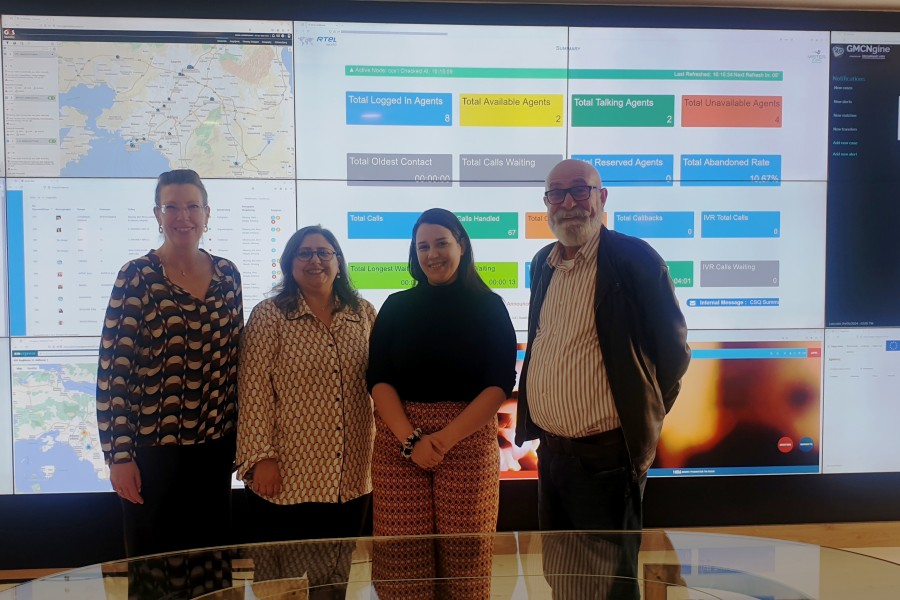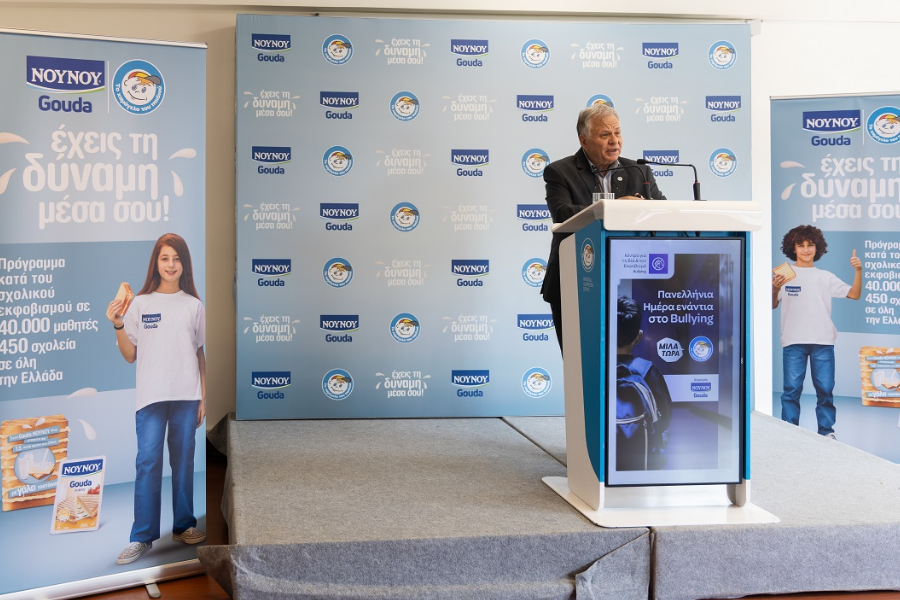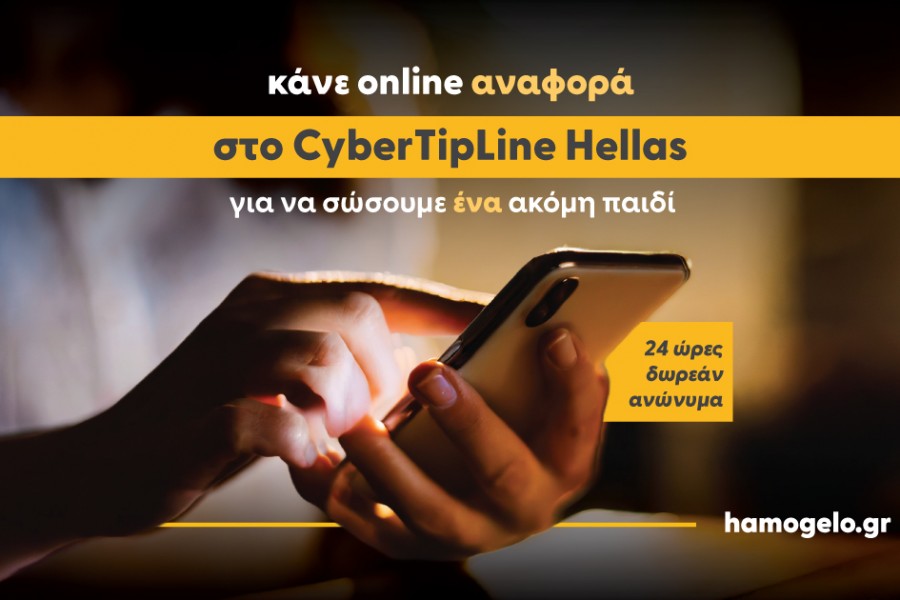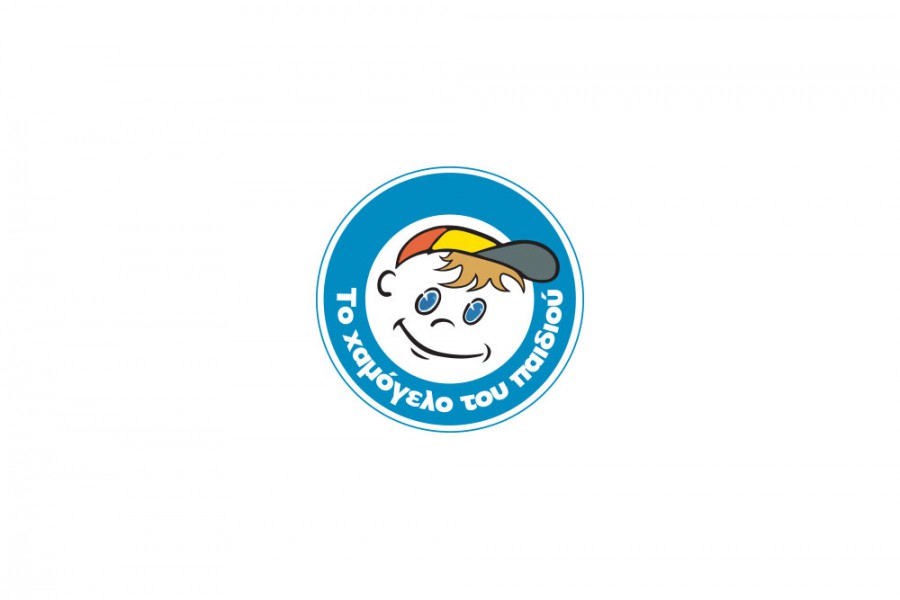“Building Knowledge from Local Practices: a solution for better care and integration of unaccompanied minors”: 4th project meeting in Eitorf with the participation of “The Smile of the Child”
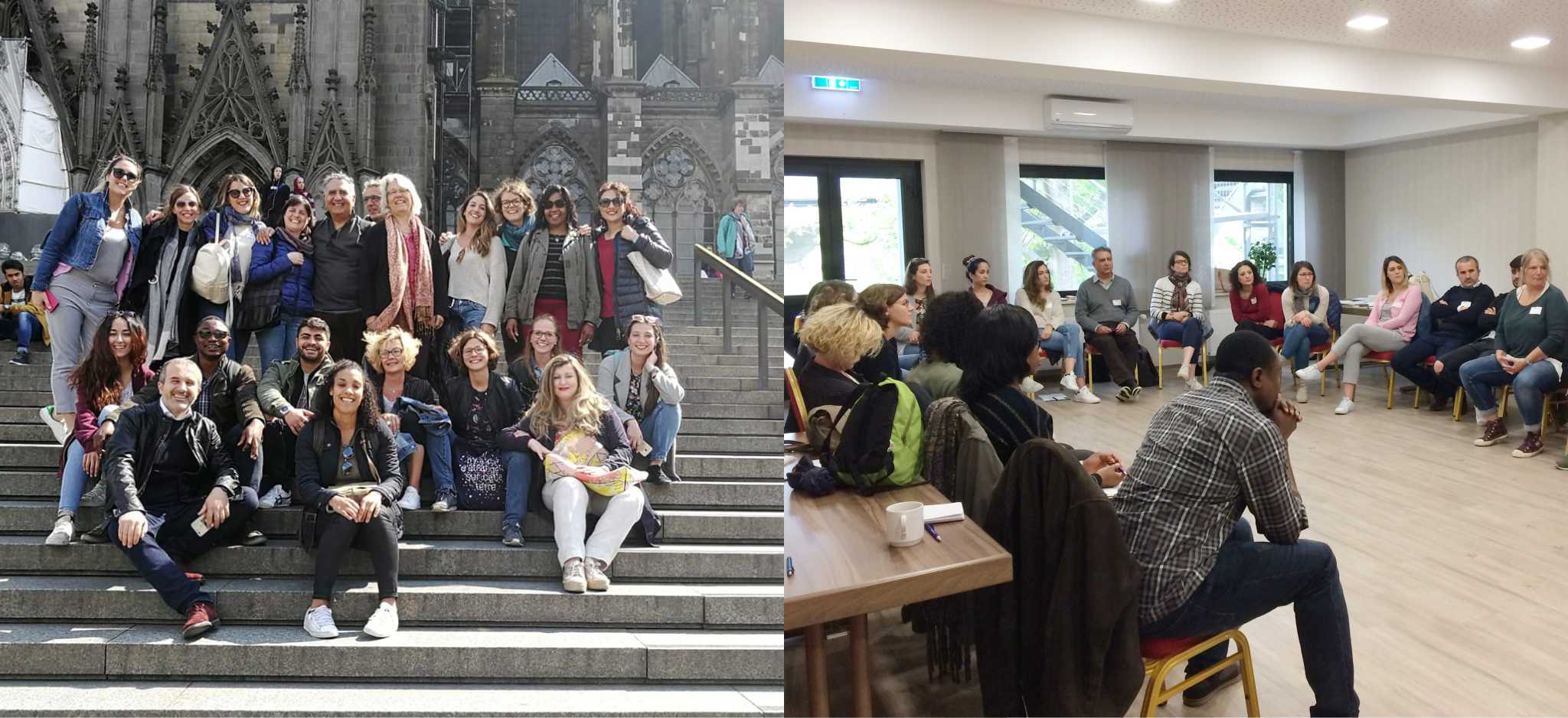
Athens, 29 May 2019
The 4th meeting of the Community of best practices and knowledge for unaccompanied minors in Europe of the EU project "Building Knowledge from Local Practices: a solution for better care and integration of unaccompanied minors" was held , from 20 to 23 May in Eitorf Germany parallel to the 5th meeting of the Steering Committee, held on 20 and 24 May.
Members of the scientific personnel of “The Smile of the Child” as well as representatives of the organizations Apprentis d' Auteuil from France, Christliches Jugenddorfwerk Deutschlands from Germany, Federazione SCS CNOS from Italy and partners from the research field, namely University of Bedfordshire in England, Ghent University in Belgium and the Observatory on the migration of minors (University of Poitiers) in France, took part in the meeting.
The meeting of the Community of best practices and knowledge for unaccompanied minors in Europe offered to participants the opportunity to jointly define the key points for ensuring a successful process of leaving the care system. In this context, the key role of unaccompanied minors' networks for their successful transition and integration to the work and social environment and their autonomy was analyzed. Participants also shared inspiring practices and tools, as well as testimonies of former unaccompanied minors about their experience in moving from care to independent living.
In addition, the meeting of the Steering Committee aimed at scheduling and evaluating the 4th meeting of the Community of best practices and knowledge, along with the selection of the intellectual output, entitled “digital notebooks” and organization of the final seminar of the project.
The project’s duration is 30 months and it aims at promoting and reinforcing the quality of work of youth workers who come on a daily basis in direct contact with unaccompanied minors. This will be achieved through the exchange of good practices, peer learning and implementation of new tailored-made educational solutions targeted to these minors. The project is co-funded by the European Programme ERASMUS+.
For more information about the project, please click here.


DISCLAIMER: The content of the publication is the sole responsibility of the publisher and the European Commission is not liable for any use that may be made of the information
